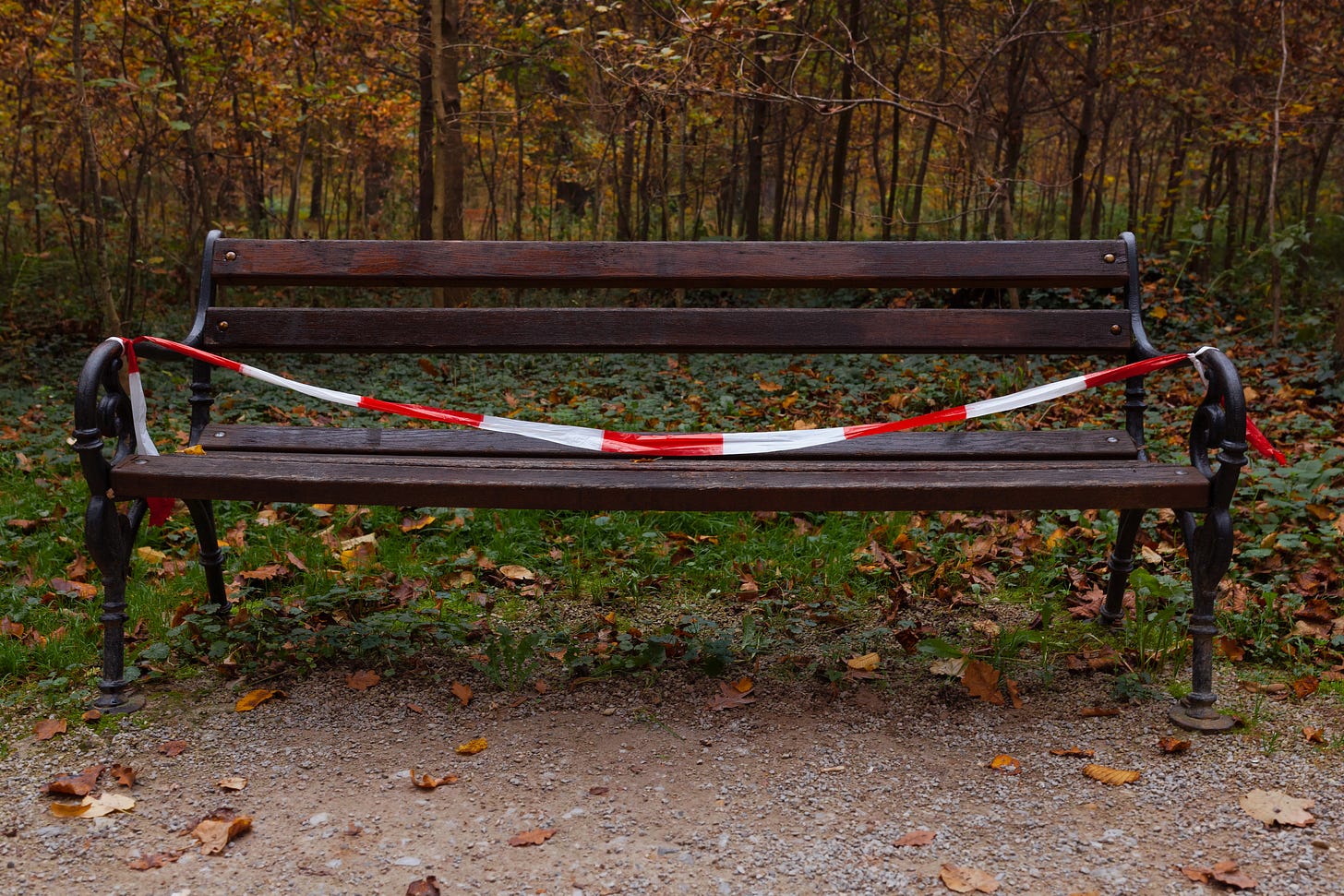People desperately want to believe lockdown was for the greater good - even when the evidence of manipulation is clear.
The Lockdown Files are a warning to never let government ‘scare the pants’ off us again
We don’t like to believe we can be manipulated, let alone that we have been manipulated. No one wants to believe they were conned into disproportionate levels of fear. It is embarrassing to acknowledge you were persuaded into un-evidenced (and sometimes pointless) behaviours, from wearing masks, to standing on spaced dots, to staying at home for months. We engaged in many acts of individual and society-wide destruction. It’s easier to believe that they were necessary and for the greater good.
The Telegraph’s Lockdown Files exposé should be the final episode in a slow revealing of the propaganda, behavioural psychology and weaponisation of fear. But some will not see it.
‘Cognitive dissonance is when you encounter information that contradicts how you perceive the world and doesn’t fit into your idea of reality,’ says psychologist Patrick Fagan. ‘Research shows that brain activity spikes when you are presented with something that doesn’t make sense and doesn’t fit with your expectations. Re-engineering your idea of reality is painful and difficult. The mind only lets you see what it thinks you can handle. It is very traumatic to realise you were lied to by people you trusted and did things that were damaging. So you adopt psychological defence mechanisms, such as denial, minimisation, rationalisation and projection.’
Since Matt Hancock's WhatsApp messages have been published, we have seen some of these defence mechanisms kick in. Some people outright deny the authenticity of the messages. The messages have been minimised with accusations of ‘cherry-picking’. People rationalise that the severity of the situation justified Hancock’s intention to ‘scare the pants’ off us. They believe ‘Project Fear’ was part of a noble lie for the greater good. (Although that ignores what the messages also revealed about the early understanding of stratification of risk by age and comorbidity. We were never all equally at risk.) Journalists have turned on Isabel Oakeshott and made her the story, rather than interrogate the contents of the WhatsApp messages - it makes it easier to ignore their failure to ask the right questions at the time.
This cognitive dissonance was ironically partly induced by the act of lockdown itself. One study found that people judged the risk of Covid based on the fact the government imposed a lockdown – in other words, they thought it must be really bad for the government to do something so drastic.




